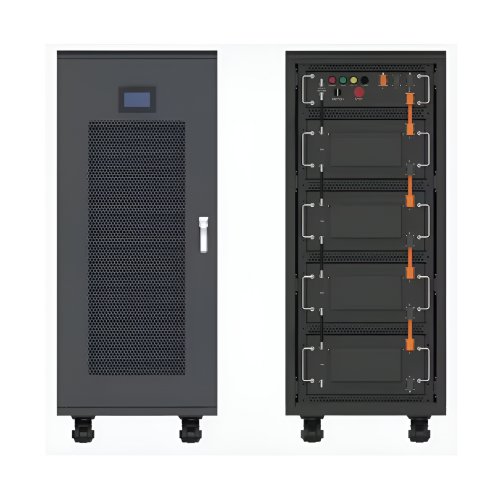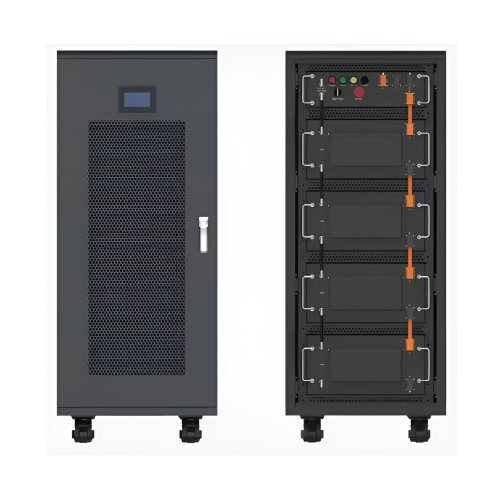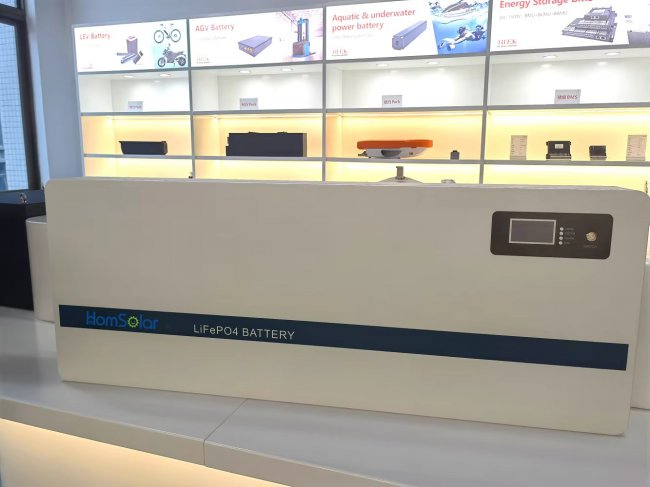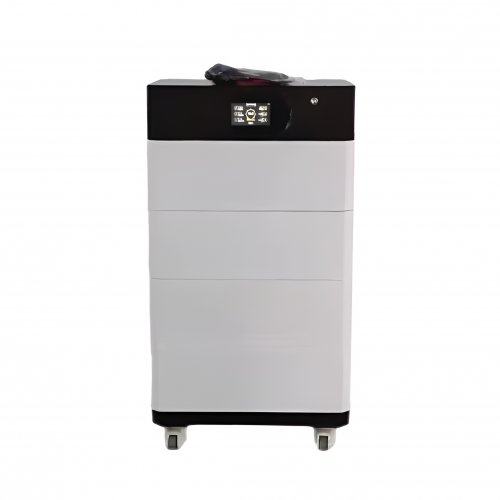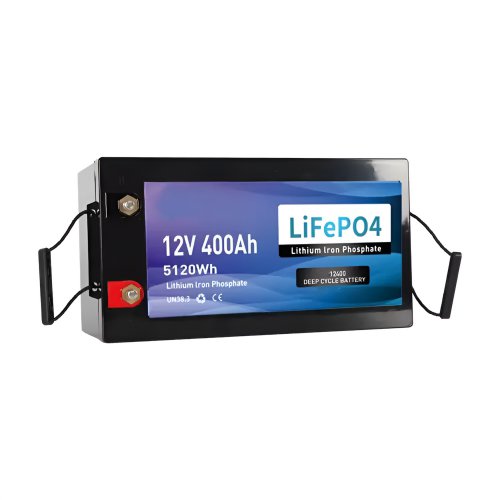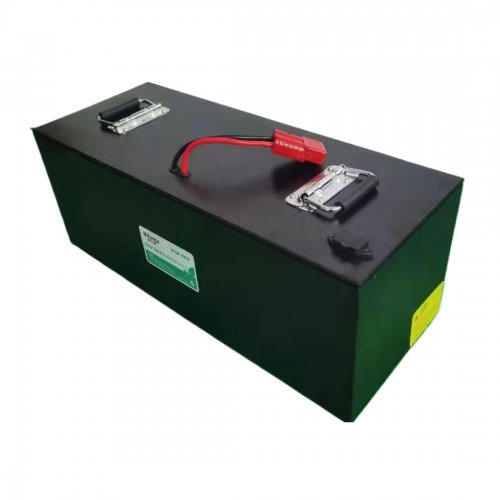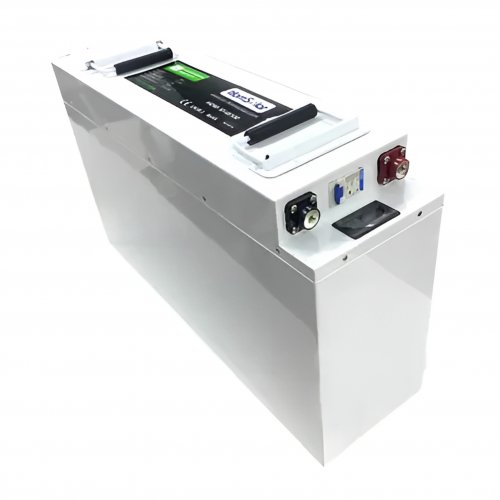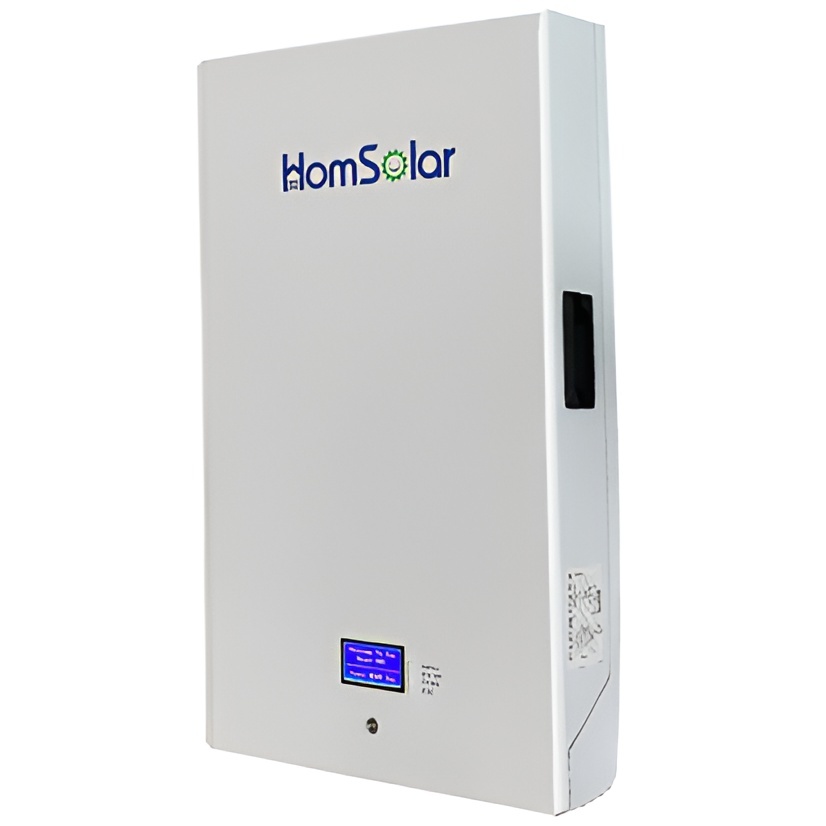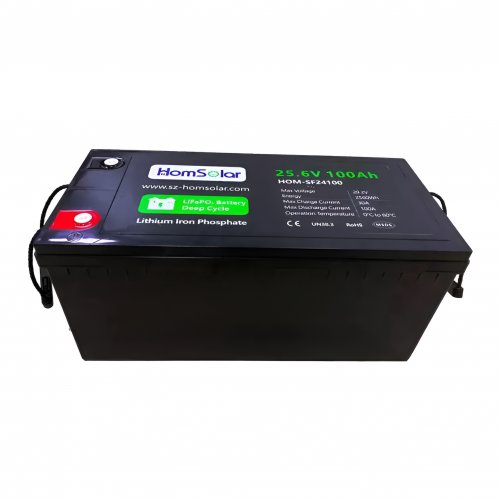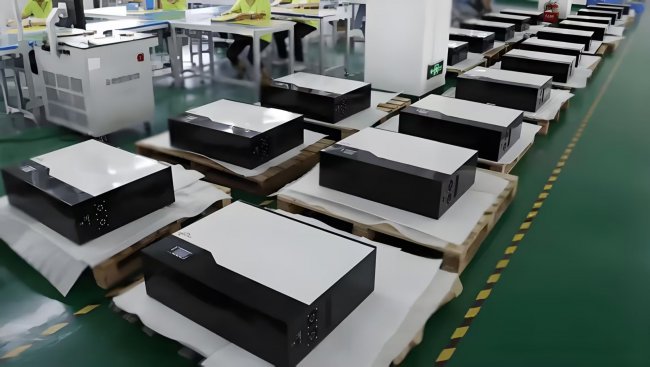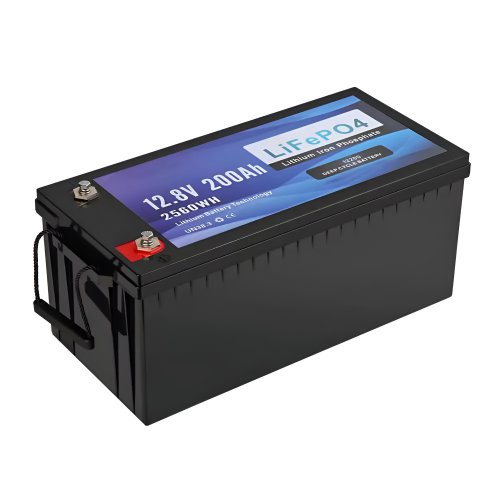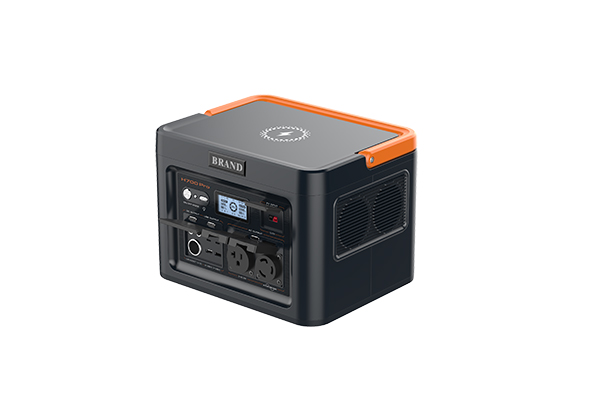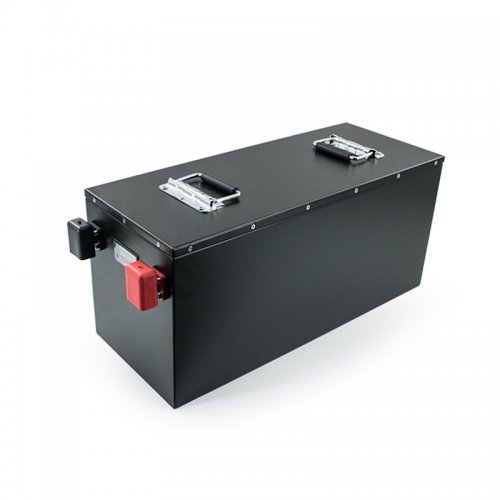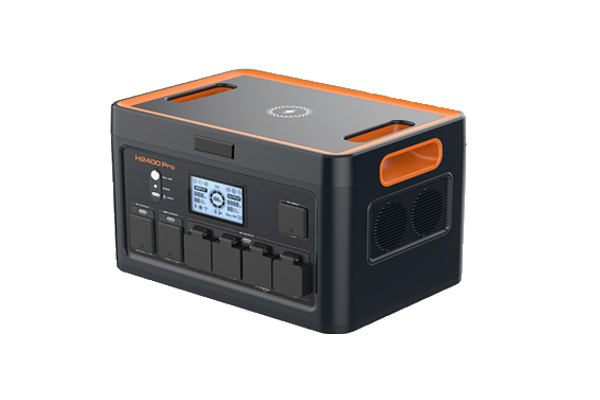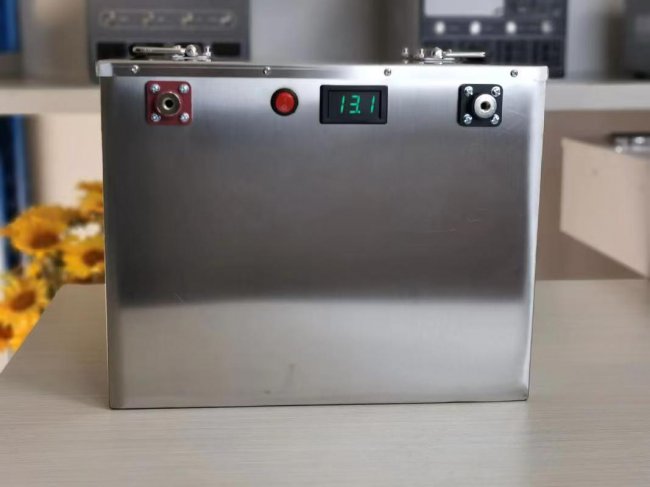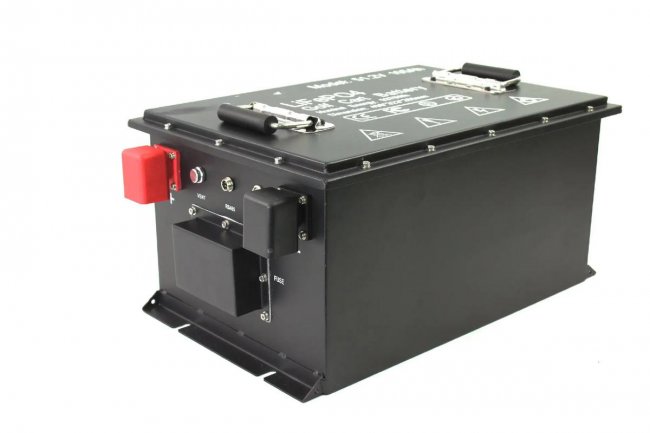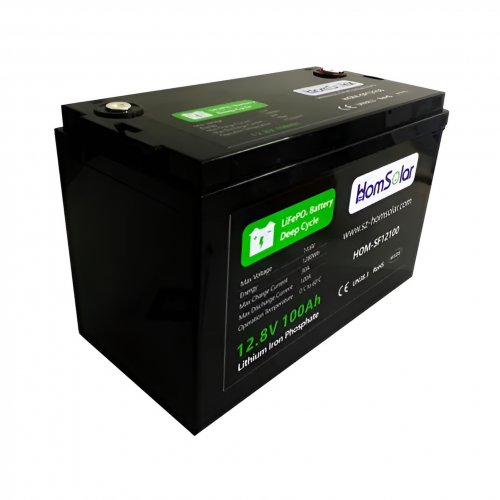Safety Of Lithium Iron Phosphate Batteries Review: Uncompromising Protection And Reliability
In the rapidly evolving landscape of energy storage, the term "lithium-ion" often conjures images of high performance shadowed by concerns over thermal runaway and potential fire hazards. However, a distinct chemistry has steadily risen to prominence, challenging these preconceptions: the Lithium Iron Phosphate (LiFePO4 or LFP) battery. This review delves into the core of this technology, evaluating its safety features, functional performance, and real-world applicability to determine if it truly represents the future of reliable power.
Product Functionality and Core Technology
Lithium Iron Phosphate batteries are a type of lithium-ion battery that uses lithium iron phosphate as the cathode material, paired with a graphite carbon anode. Their primary function is to store and deliver electrical energy efficiently across a wide array of applications, from electric vehicles (EVs) and solar energy storage systems to portable power stations and marine use.
The key differentiator lies in its inherent chemical stability. Unlike other lithium-ion chemistries that use nickel-manganese-cobalt (NMC) or nickel-cobalt-aluminum (NCA), the phosphate-based cathode offers a stronger molecular bond. This structure is far more resistant to mishandling, such as overcharging, short-circuiting, or physical damage. It operates effectively within a wide temperature range and boasts an impressive cycle life, often rated between 3,000 to 5,000 charge cycles before significant capacity degradation occurs. This makes it an exceptionally durable and long-lasting power solution.
Advantages: The Safety-First Proposition
The most significant advantage of LiFePO4 batteries is, unequivocally, their superior safety profile.Exceptional Thermal and Chemical Stability: The phosphate cathode material is non-combustible and can withstand high temperatures without decomposing. It is much more difficult to ignite in the event of a catastrophic failure, such as a severe crash or internal short circuit. This drastically reduces, though does not completely eliminate, the risk of thermal runaway—a chain reaction that can lead to fire or explosion in other battery types.Longevity and Cycle Life: With a lifespan often 4-5 times longer than traditional lead-acid batteries and significantly better than some other lithium-ion options, LiFePO4 batteries offer excellent long-term value. They can endure thousands of complete charge and discharge cycles while maintaining a high percentage of their original capacity.Environmental and Practical Benefits: The chemistry is considered more environmentally friendly as it does not contain rare or toxic heavy metals like cobalt. Furthermore, these batteries maintain a stable voltage output for most of their discharge cycle, providing consistent power to devices until they are nearly depleted.
Disadvantages: The Trade-Offs
Despite their impressive safety, LiFePO4 batteries are not without their drawbacks.Lower Energy Density: This is the primary trade-off for enhanced safety. LiFePO4 batteries have a lower volumetric and gravimetric energy density compared to NMC or NCA batteries. This means that for the same physical size or weight, they will store less energy. This can be a critical factor in applications like smartphones or high-performance EVs where maximizing range in a compact package is paramount.Higher Initial Cost: The upfront cost of a LiFePO4 battery is typically higher than that of a lead-acid battery and can be comparable to or slightly higher than other lithium-ion options. However, this must be weighed against its vastly longer service life, which often results in a lower total cost of ownership over time.Performance in Extreme Cold: While stable in high heat, all lithium-ion batteries, including LiFePO4, can experience reduced performance and charging efficiency in very low temperatures. Special care or built-in heating systems are sometimes required for operation in sub-zero conditions.
Actual Usage Experience
In practical terms, using a product powered by a LiFePO4 battery, such as a modern portable power station or an EV like the Tesla Model 3 Standard Range, provides a distinct sense of reassurance. The constant worry about the battery overheating during a fast charge or under a heavy load is markedly diminished.
For instance, when stress-testing a LiFePO4-based power station by running high-wattage appliances simultaneously, the battery case remains noticeably cool to the touch, a stark contrast to the warmth often felt with other battery types. The voltage remains rock-solid, ensuring sensitive electronics like laptops receive clean, stable power. The ability to regularly discharge the battery to a very low level without incurring damage also changes usage behavior, allowing users to utilize the full advertised capacity without anxiety. The long cycle life translates to years of reliable service without a noticeable drop in runtime, fulfilling the promise of a true investment-grade product.
Objective and Balanced Evaluation
Lithium Iron Phosphate technology represents a pivotal advancement in battery safety without sacrificing performance for a great number of applications. It is not a one-size-fits-all solution; its lower energy density makes it less suitable for ultra-compact devices where space is the absolute constraint.
However, for scenarios where safety, longevity, and reliability are the foremost priorities—residential energy storage, RVs, boats, golf carts, and specific EV segments—LiFePO4 is arguably the superior choice. The higher initial investment is convincingly justified by a decade or more of dependable service and unparalleled peace of mind. It successfully decouples the concept of high energy density from inherent danger, offering a robust and fundamentally safer path forward for the future of energy storage. While ongoing research will continue to improve all battery technologies, LiFePO4 currently sets the benchmark for safety and durability in the industry.
Customized/OEM/ODM Service
HomSolar Supports Lifepo4 battery pack customization/OEM/ODM service, welcome to contact us and tell us your needs.


HomSolar: Your One-stop LiFePO4 Battery Pack & ESS Solution Manufacturer
Our line of LiFePO4 (LFP) batteries offer a solution to demanding applications that require a lighter weight, longer life, and higher capacity battery. Features include advanced battery management systems (BMS), Bluetooth® communication and active intelligent monitoring.

Customised Lithium Iron Phosphate Battery Casing
ABS plastic housing, aluminium housing, stainless steel housing and iron housing are available, and can also be designed and customised according to your needs.

HomSolar Smart BMS
Intelligent Battery Management System for HomSolar Energy Storage System. Bluetooth, temperature sensor, LCD display, CAN interface, UART interface also available.


Terminals & Plugs Can Be Customized
A wide range of terminals and plugs can be customised to suit the application needs of your battery products.

Well-designed Solutions for Energy Storage Systems
We will design the perfect energy storage system solution according to your needs, so that you can easily solve the specific industry applications of battery products.



About Our Battery Cells
Our energy storage system products use brand new grade A LiFePO4 cells with a battery lifespan of more than 4,000 charge/discharge cycles.



Applications in Different Industries
We supply customized & OEM battery pack, assemble cells with wiring, fuse and plastic cover, all the cell wires connected to PCB plug or built BMS.
Applications: E-bike, Electric Scooter, Golf Carts, RV, Electric Wheelchair, Electric Tools, Robot Cleaner, Robot Sweeper, Solar Energy Storage System, Emergency Light, Solar Power Light, Medical Equipment, UPS Backup Power Supply.
We can provide you with customized services. We have the ability to provide a vertical supply chain, from single cells to pack/module and to a complete power solution with BMS, etc.


HomSolar (Shenzhen) Technology Co., Ltd







